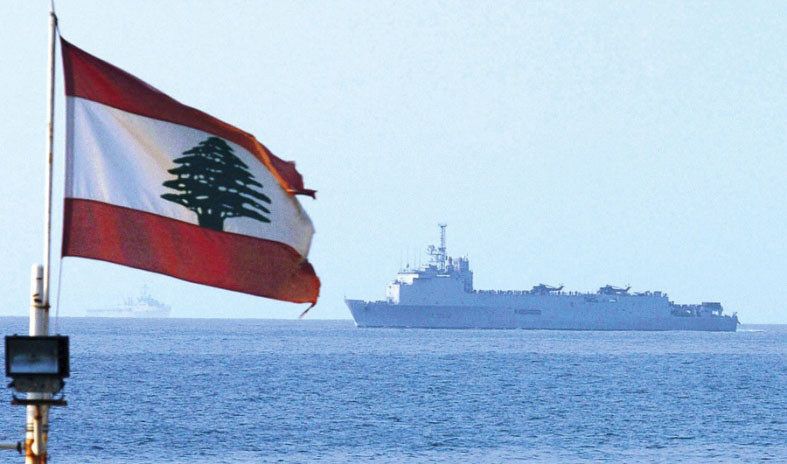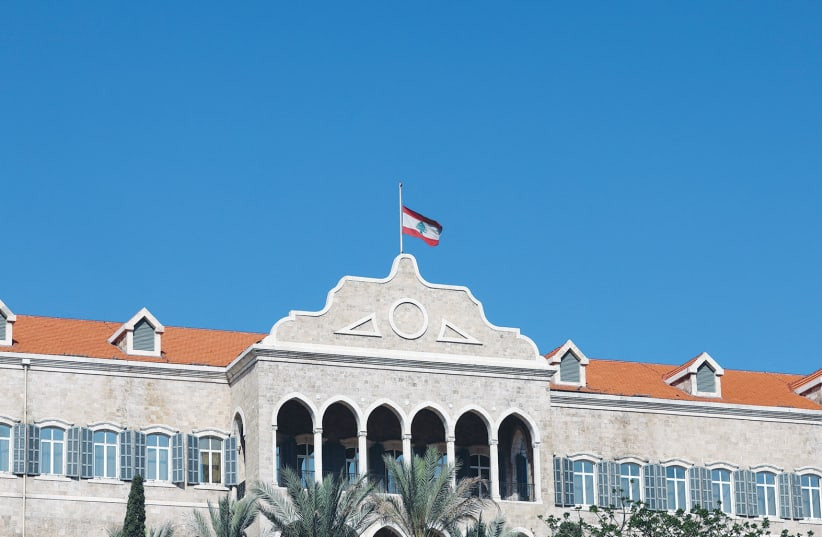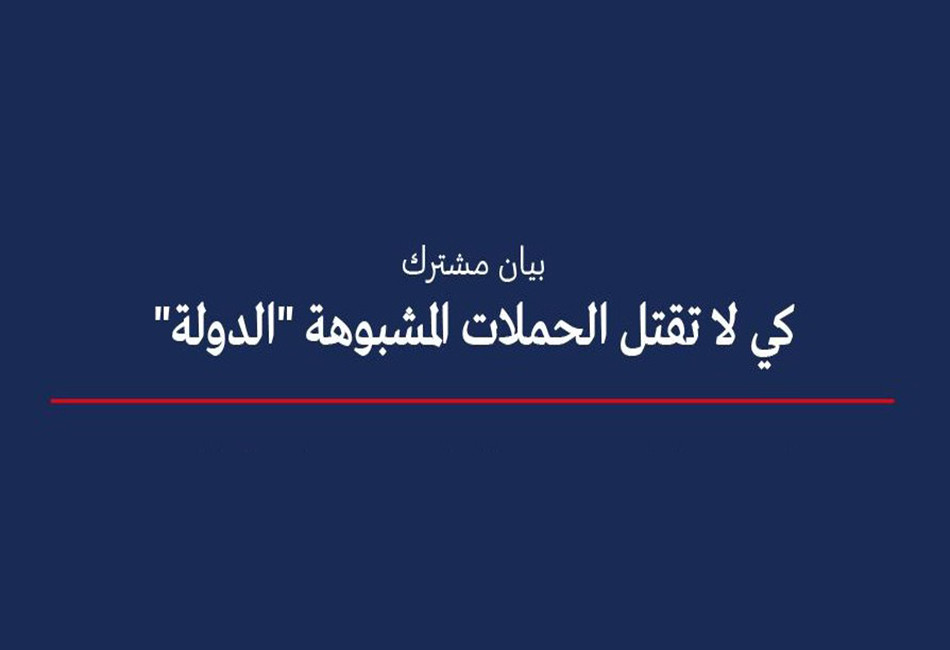Introduction
A proposed draft of the Lebanese Sovereign Wealth Fund (SWF) bill was today submitted to the Lebanese parliament joint committees for revision.
Article 3 of the Lebanese Offshore Petroleum Resource Law explicitly stipulates the establishment of a sovereign wealth leaving the “statute regulating the Fund, the rules for its specific management, the principles of investment, and use of proceeds to be regulated by a specific law.”
The bill establishes a SWF with two sub-funds: A Savings Portfolio and a Development Portfolio. The Savings Portfolio is meant to invest petroleum revenues for the benefit of future generations while the Development Portfolio is designed to reduce the public debt level. Returns on state equity (and perhaps royalties, though this unclear) are deposited into the Savings Portfolio. A portion of the interest earned may be used to finance the government expenditures. Tax revenue from petroleum companies is deposited into the Development Portfolio and may be used to pay down the public debt until the debt level reaches 20 percent of GNP. In terms of asset allocation, these funds cannot invest in financial derivatives, except in certain circumstances. The bill does not contain any other concrete prohibitions on asset allocation.
As drafted, the bill leaves significant discretion to fund managers and runs the risk of becoming a new vehicle for corruption and patronage. Specific concerns include:
- Fund role in macroeconomic management: The net result of Articles 11 and 12 is likely to be no savings and a small amount of money earmarked for debt servicing and/or repayment. The same goal could be achieved without risk of mismanagement or bureaucratic costs by simply enacting a fiscal rule that limits expenditure growth or creates a public debt ceiling. Taking the IMF’s definition, a fiscal rule “Imposes a long-lasting constraint on fiscal policy through numerical limits on budgetary aggregates. Fiscal rules typically aim at correcting distorted incentives and containing pressures to overspend, particularly in good times, to ensure fiscal responsibility and debt sustainability. Cyprus, for example, adopted the fiscal compact rule in 2012. The structural budget balance rule as well as the autocorrection mechanism, aimed at reducing debt at an annual pace. Furthermore, Article 12 does not clarify that “withdrawals” refers to withdrawals to the state treasury, leaving open the possibility that money would be withdrawn into some other account.
- Governance structure: Overall, the large number of SWFs are independent institutions. In this sense, good governance structure is paramount to ensure proper transparent oversight. It is a must that the law clearly states that it abides by the Santiago Principles which consists of 24 generally accepted principles and practices. The Santiago Principles promote transparency, good governance, accountability and prudent investment practices whilst encouraging a more open dialogue and deeper understanding of SWF activities. As per the draft law proposed, the fund’s governance structure is unclear and possibly contradictory. The Board of Directors is made up of experts appointed by the Council of Ministers, however the fund is meant to be supervised by the Minister of Finance. In most funds, the Minister of Finance is a member of the Board or appoints some Board members. Furthermore, the Board does not have independent members, as is sometimes the case, and the roles of Board members and their qualifications are unclear, leaving open the possibility of unqualified appointments. Also, the 35-year threshold for Board member experience disqualifies many competent candidates.
- Fund management: The Ministry of Finance sits simultaneously below and above the Board, a practice not found in any other fund globally. There is also no mention of using a custodian bank or where the funds will be physically held and who is responsible for bookkeeping. Also, the bill names fund committees but not their roles or responsibilities, which is unusual for SWF bills. There should be Single Account for the SWFs and All revenues should go into that account. The allocation to “Saving” or “Development” are made from that account. This ensures transparency, disclosure and good risk management and avoids a plethora of accounts which usually mean that funds are diverted to other uses.
- Investment rules: The lack of investment rules or prohibitions on specific types of asset purchases (e.g., real estate; below investment-grade shares) is alarming. So is the absence of any detail on maximum management fees, oversight of external managers or selection of external managers. The 20 percent domestic investment target also leaves the fund open to channeling money to Lebanese companies linked to investment managers. Finally, there ought to be strict conflict of interest standards and penalties for misconduct in the law. Given these rules, or lack thereof, there is a high probability that the fund could be used for patronage or corruption. The Fund should be mandated to invest internationally in listed assets and investment grade investments. Domestic investment should only be for approved infrastructure investments
- External oversight: There is no requirement to make full independent external audits public, only an edited annual report, implying that any potential misconduct might not be revealed publicly or to parliament. It is also unclear whether the Audit Court report is sufficient to ensure that the public and parliament receive adequate information on behavior and decisions of fund managers. There is a critical need for both Internal Audit and an Independent External Auditor(s). There should be quarterly and Annual reporting to the Council of Ministers and to Parliament. Quarterly and Annual Accounts should be made public (Santiago Principles)
- Transparency: The legislation should clarify that the fund publishes a list of assets it holds along with asset managers. Moreover, the legislation should ensure that the fund clearly discloses how much the managers are paid. Managers should also confirm their independence from any SWF management or staff as well as public officials including government and the BDL.
Setting up a Fund financed by the oil and gas future proceeds should come within a clear macroeconomic and fiscal strategy and a fiscal rule to answer two main concerns for Lebanon: on the one hand, managing the potential impacts that large, volatile and exhaustible natural resource revenues will have on an economy which is already suffering from a Dutch disease syndrome. And on the other hand, ensuring that these revenues are managed in a transparent and accountable manner, especially in the light of the very poor track record of the Lebanese authorities in terms of public finance management
Lebanese Oil and Gas Initiative and Kulluna Irada’s position
It is true that the Lebanese law states that proceeds from oil and gas should be allocated to a SWF, but the purpose of that provision was essentially to avoid any political and clientelist capture of this wealth.
We are fully aligned with the obvious goal and need to be aware that establishing a SWF is not a guarantee. If ill designed and ill managed, SWFs can still become channels for corruption and patronage, diverting billions of dollars away from social service and infrastructure spending.
Hence the need to discuss what type of SWF we want, and most importantly, for what purpose is paramount. Establishing a SWF is not a goal. The fund should serve a clear purpose and achieve stated objectives.
The Lebanese Oil and Gas Initiative (LOGI) in partnership with Kulluna Irada urge the Lebanese parliament not to review the current draft law for the establishment of the SWF before developing a consensual over-all strategy for the oil and gas sector as well as a fiscal strategy and fiscal rule. Furthermore,
A. A clear objective for the SWF must be defined based on a well-developed macroeconomic strategy for the oil and gas sector as well as a fiscal strategy.
Since the oil and gas industry is an extractive industry, its resources are not infinite. Their use should be well thought of because they are not renewable. The natural resource should be treated as assets for current and future generations and in no way spent as ordinary revenues.
There are several possible objectives for a Natural Resource Fund :
- Savings: Funds may be used to transform natural resources into financial assets and invest them to generate a long-lasting source of government revenue for the benefit of future generations (e.g., Botswana’s Pula Fund; Chile’s Pension Reserve Fund; the Kuwait Investment Authority; Norway’s Government Pension Fund Global; Timor-Leste’s Petroleum Fund).
- Stabilization: Funds may cover budget deficits caused by unexpected declines in oil or mineral revenues (e.g., Chile’s Economic and Social Stabilization Fund; Timor-Leste’s Petroleum Fund; Wyoming Permanent Mineral Trust Fund).
- Fiscal sterilization: Large sales of oil, gas or minerals draw foreign currency into the country, which can generate inflation or exchange rate appreciation and subsequently harm the economy. Proceeds of natural resource extraction can be invested in foreign assets to help mitigate these effects (e.g., Saudi Arabia’s SAMA Foreign Holdings).
- Development: Natural resource revenues may be earmarked for specific expenditures, such as health, education or direct cash transfers (e.g., Alaska’s Permanent Fund; Texas’ Permanent University Fund).
- Ring-fencing: Since they are a national endowment and exhaustible, oil, gas and mineral revenues may be treated separately by the government and subject to more transparency and oversight than other revenues (e.g., Timor-Leste’s Petroleum Fund).
Lebanon already suffers from an acute form of Dutch disease, it is therefore crucial to identify a macro-economic strategy to get out of this rent-based economy, before a new source of rent flows in to perpetuate a model that has had a catastrophic impact on the Lebanese social fabric (very low competitiveness leading to unemployment and emigration). Given the unsustainable debt path of Lebanon, widening fiscal and external imbalances, no SWF should be designed before putting a macro-fiscal adjustment plan that is democratically validated. Subsequently, no allocation of oil and gas revenues should go to reducing the Lebanese debt, before understanding clearly how this debt has been accumulated and who has benefitted from it. There should be a clear national strategy to reduce Budget Deficit on a sustainable basis and establish a fiscal rule before using any SFW funds to extinguish debt.
B. Once the overall objective of the SWF is decided, based on a clear macroeconomic vision for the country and a clear strategy for the oil and gas sector, appropriate investment rules and adequate oversight mechanisms shall be designed. The nascent oil and gas sector should be a game changer in the Lebanese system by making sure that good governance prevails.
There are key questions that policymakers, oversight bodies, Civil Society Organizations, Experts, Academics, etc. can ask prior to setting up a SWF to ensure that good governance rules are in place:
- Defining the fund objectives (see above)
- Establishing appropriate fiscal rules
- Setting clear investment constraints
- Creating an effective institutional governance structure, that clarifies division of responsibilities and enforces ethical and conflict of interest standards
- Making extensive information on fund operations public. Transparency means not only publishing regular, accurate and data-disaggregated reports on fund activities in a format that is fully accessible to lay readers but also making the rules governing the fund clear and public.
- Establishing strong independent oversight bodies to monitor fund behavior
In conclusion
First, the establishment of a fund by itself will not improve resource governance. Rather, such a fund ought to be the product of fiscal rules or a macroeconomic framework that call for savings of oil, gas or mineral revenues.
Second, the fund cannot be only established by the authorities without a proper democratic debate. This approach has led many countries to fail. Unless there is political consensus on the use of resource revenues and informed civil society and oversight bodies to put pressure on governments to follow their own rules, even the best rules will usually not be followed.




